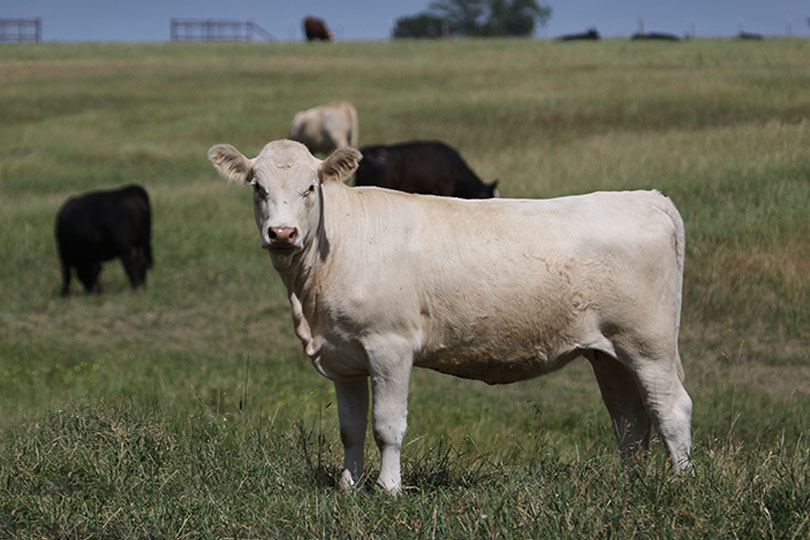By Julie Tomascik
Editor
The Senate Agriculture, Nutrition and Forestry Committee in late June approved a bill authorizing the U.S. Department of Agriculture to mandate minimum levels of cash trading in cattle markets amid opposition from lawmakers and industry groups.
“Texas Farm Bureau (TFB) is extremely disappointed the Cattle Price Discovery and Transparency Act passed the U.S. Senate Committee on Agriculture, Nutrition and Forestry, despite an overwhelming amount of analysis proving a government mandate in the cattle market will only hurt cattle ranchers,” TFB President Russell Boening said.
The Cattle Price Discovery and Transparency Act is a combination of numerous amendments to the Packers and Stockyards Act of 1921, many of which enjoy broad industry support. However, two sections create an onerous mandate that forces farmers and ranchers to market their cattle to beef packers in methods that often deliver lower prices and no carcass information.
Because of those sections, TFB, American Farm Bureau Federation and other industry groups warned lawmakers of the unintended consequences of the bill will harm the ranchers it aims to help.
“TFB remains strongly opposed to provisions included in Sections 2 and 7 specific to the establishment of federal mandatory minimum thresholds under which certain percentages of cattle are purchased,” Boening wrote in a letter earlier this year to Majority Leader Chuck Schumer, Minority Leader Mitch McConnell, Senate Ag Committee Chair Debbie Stabenow and Senate Ag Committee Ranking Member John Boozman. “There is no economic evidence to show regional mandates will increase prices for cow-calf and stocker operators.”
The bill now has to go to the floor to be considered by the full Senate.
“We encourage leaders of Congress to continue opposing this bill as long as the mandate language remains intact. TFB is committed to working towards solutions to increase transparency and price discovery for cattle ranchers,” Boening said. “However, it is important to ensure legislation is well thought out before being enacted. Failure to do so can hurt the very producers it is intended to help.”
Another bill related to cattle and poultry markets—the Meat and Poultry Special Investigator Act—moved through the U.S. House of Representatives in June.
The special investigator legislation duplicates the work of numerous federal investigative agencies, including the U.S. Department of Agriculture, Department of Justice, Federal Bureau of Investigation, Federal Trade Commission and Department of Homeland Security.
“Creating another office or agency in our government right now is not needed. We appreciate the members of the Texas delegation who voiced our concerns and voted against the bill on the House floor,” TFB National Legislative Director Laramie Adams said.
In addition to issues it will create within the government, lawmakers have previously reiterated the challenges faced by farmers and ranchers across the U.S. and described how legislation without proper vetting would cause additional problems.
“Our farmers and ranchers are still suffering with supply chain issues, skyrocketing inflation and fuel costs, unpredictable weather and other challenges. They want Congress to focus on providing real solutions to help with these problems,” Adams said. “Unfortunately, the focus has been on creating more government red tape and bureaucracy with policies like the Meat and Poultry Special Investigator Act.”
The special investigator bill will have to be considered and passed by the full Senate before it can become law.

